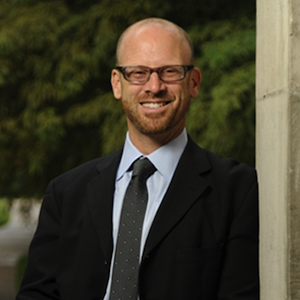Event

Jonathan Metzl
Structural Competency: New Directions in Medical Training
In the clinical setting, the impacts of culture, difference, and inequality often fall under the rubric of “cultural competency,” an approach that emphasizes recognition of the divergent sociocultural backgrounds of patients and doctors, and the cultural aspects of patients’ illnesses. Increasingly, however, scholars and activists recognize that oft-invisible structural level determinates, biases, inequities, and blind spots shape definitions of health and illness long before doctors or patients enter examination rooms. In this workshop, Dr. Metzl will lead a discussion about the evolving pedagogical shifts in medical and clinical training away from cultural competency toward “structural competency.” Structural competency converses with past models, from structuralism to structural racism, to demonstrate how institutional, political, and economic forces generating stigma are invisible to actors on the ground. The ultimate aim of this new clinical perspective is to develop new platforms, practices, and agendas that address health issues in the present day; a time when structural-level disparities become more unjust at the same time that, the agents producing them become more evanescent.
Jonathan Metzl is the Frederick B. Rentschler II Professor of Sociology and Psychiatry, and the Director of the Center for Medicine, Health, and Society, at Vanderbilt University in Nashville, Tennessee. He received his MD from the University of Missouri, MA in humanities/poetics and Psychiatric internship/residency from Stanford University, and PhD in American Culture from University of Michigan, A 2008 Guggenheim fellow, Professor Metzl has written extensively for medical, psychiatric, and popular publications. His books include The Protest Psychosis, Prozac on the Couch, and Against Health: How Health Became the New Morality.
**This event is co-sponsored with Office of Inclusion and Diversity, Perelman School of Medicine; Center for Africana Studies; and the Department of Sociology**
